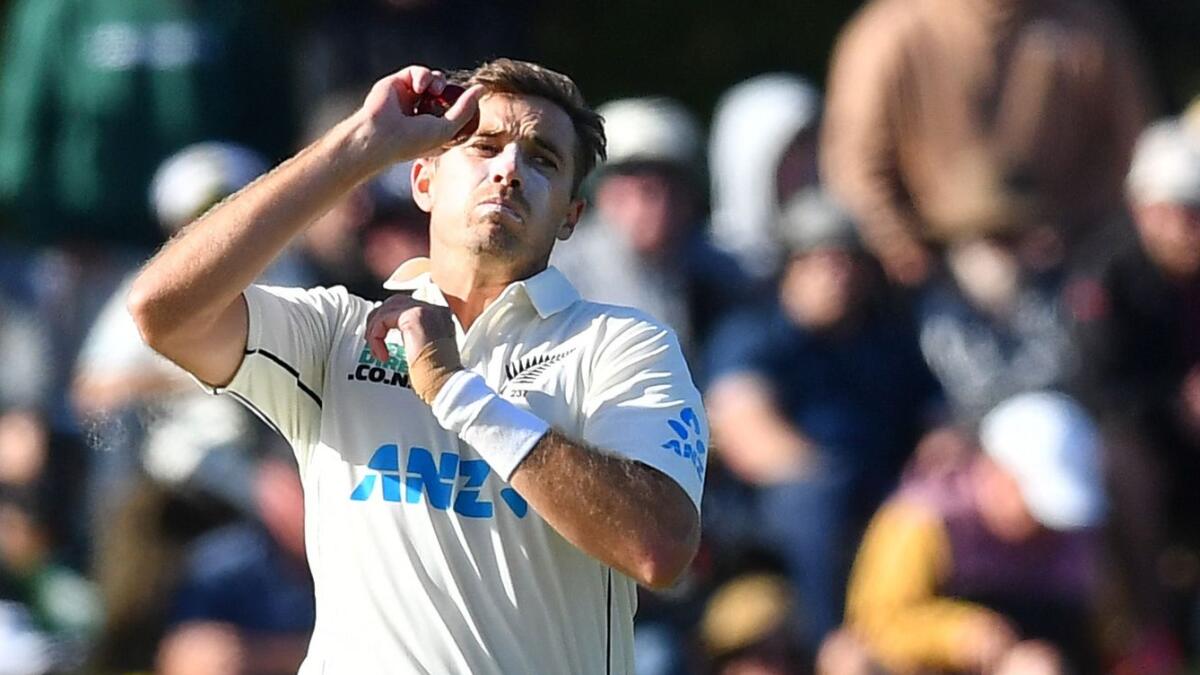The Indian Premier League (IPL) has seen a significant increase in the number of runs scored this season, leading to concerns about the balance between bat and ball in T20 cricket. New Zealand’s Tim Southee, a seasoned paceman, acknowledged the evolving nature of the game and emphasized the need for bowlers to adapt to the changing conditions. Southee highlighted the need for bowlers to stay updated with the latest tactics and strategies to remain competitive in the current cricket landscape.
The spectacular performances in the IPL have showcased the dominance of batsmen and raised questions about the challenges faced by bowlers in containing the run flow. With records being shattered and high-scoring matches becoming the norm, the pressure on bowlers to deliver consistently has never been higher. Southee emphasized the importance of evolving as a bowler and developing new skills to cope with the demands of modern T20 cricket.
As T20 cricket continues to evolve, players must be prepared to adjust their approach to suit the changing dynamics of the game. Southee expressed his desire for a better balance between bat and ball, acknowledging the excitement that high-scoring matches bring to spectators. Despite the challenges faced by bowlers, Southee remains optimistic and hopes that fans continue to enjoy the sport regardless of the dominant performances by batsmen.
Tim Southee’s inclusion in New Zealand’s T20 World Cup squad for the seventh time underscores his experience and reliability as a key player in the team’s pace bowling department. Alongside seasoned campaigners like Trent Boult and Kane Williamson, Southee will be expected to lead the bowling attack and deliver crucial performances in the upcoming tournament. With a strong pace battery that includes Matt Henry and Lockie Ferguson, New Zealand will rely on their bowling strengths to make an impact in the T20 World Cup.
Australia, New Zealand’s neighbor and rival, have also named a formidable bowling lineup for the T20 World Cup, sticking to their pace-oriented approach while adding a second specialist spinner in Ashton Agar. Australia captain Mitchell Marsh expressed hope that the conditions in the Caribbean and the U.S. might offer some respite to bowlers after witnessing the onslaught of big scores in the IPL. Marsh acknowledged the evolution of the game and highlighted the aggressive intent of teams, signaling a shift in the way cricket is played at the international level.
As cricket continues to evolve, bowlers face a daunting challenge to adapt to the changing demands of the game and find ways to counter the relentless attacking mindset of modern-day batsmen. With the T20 World Cup on the horizon, teams will look to strike a balance between their batting and bowling resources to achieve success in the tournament. Tim Southee’s observations and insights reflect the ongoing transformation in T20 cricket, emphasizing the need for bowlers to innovate and stay ahead of the curve to remain competitive in the fast-paced world of modern cricket.










